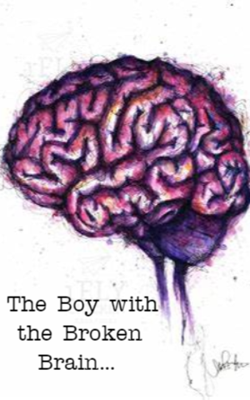In Your HEAD...
In Your HEAD...


Did you ever see a person talking to someone who in reality doesn't exist? If not visually experienced this, you might have at least heard about something like this...
These Hallucinations or Delusions can be a sign of Paranoid Schizophrenia. This is one of the 4 basic types of Schizophrenia - a Chronic Brain Disorder that affects how a person thinks, feels, and behaves.
When Schizophrenia is active, symptoms can include disorganised speech, trouble with thinking and lack of motivation, lack of curiosity, Lethargy, Catatonia, etc. Hallucinations are not uncommon for sufferers. However, with treatment, most symptoms of schizophrenia will greatly improve and the likelihood of a reoccurrence can be diminished.
Schizophrenia doesn't mean Split personality or Multiple personalities. Most people with schizophrenia are not any more dangerous or violent than people in the general population.
Other than the symptoms the risk factors should also be paid importance. Schizophrenia sometimes runs in families. However, it is important to know that just because someone in a family has schizophrenia, it does not mean that other members of the family will have it as well. Scientists think that differences in brain structure, function, and interactions among chemical messengers (called neurotransmitters) may contribute to the development of schizophrenia.
The underlying cause of schizophrenia is unknown in western medicine. They are complex and are not fully understood, so current treatments focus on managing symptoms and solving problems related to day to day functioning. Cognitive behavioural therapy, behavioural skills training, supported employment, and cognitive remediation interventions may help address the negative and cognitive symptoms of schizophrenia. A combination of these therapies and antipsychotic medication is common.
There are two main classes of medications used for schizophrenia, antipsychotic and atypical antipsychotic drugs. Antipsychotic medications reduce the psychotic symptoms of schizophrenia and usually allow the patient to function more effectively and appropriately. The newer atypical antipsychotic drugs can treat the positive and negative symptoms of schizophrenia. As we know there is a balance for everything, similarly, the medication used to treat schizophrenia can cause long term side effects.


























































